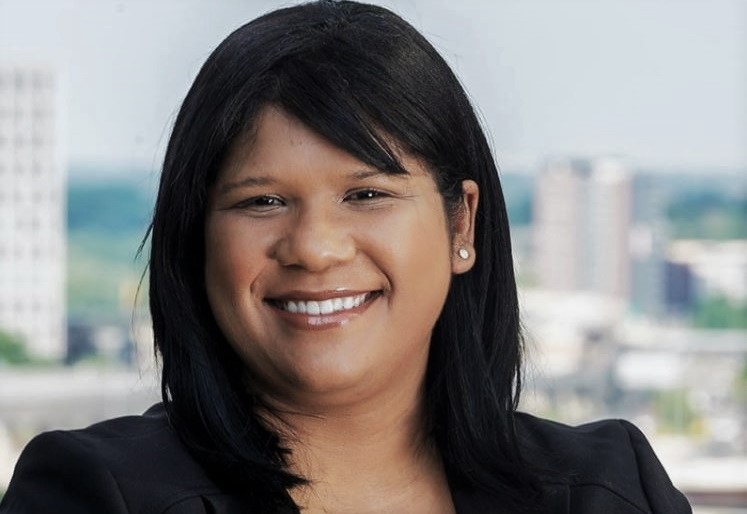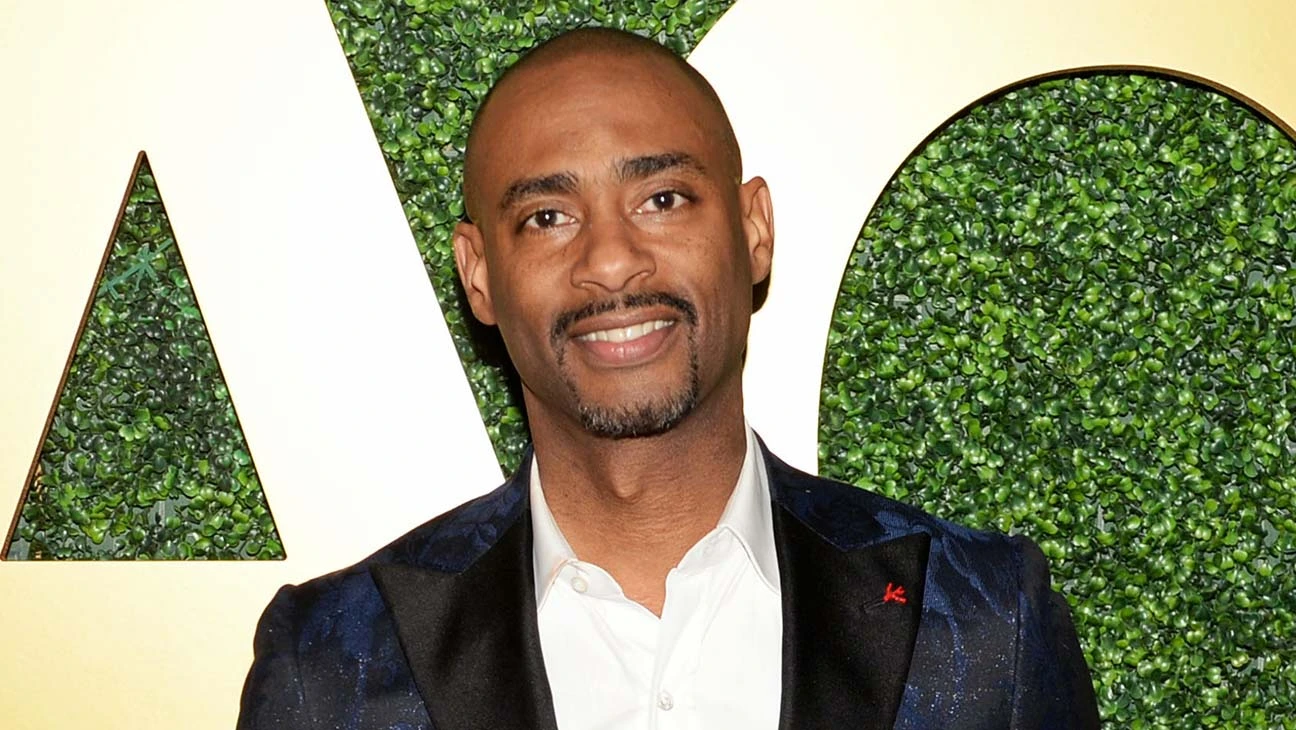ImpactAlpha, Sept. 15 – With its first set of corporate ratings, FreeCap Financial has identified 10 indicators investors can use to screen companies for prison-risk exposure (e.g. vending relations with prisons) as well as to identify leaders in fair-chance hiring practices. The combined score for these metrics gives investors an overall picture of a company’s criminal justice footprint.
“Our role is to focus on transparency,” FreeCap’s Tanay Tatum-Edwards tells ImpactAlpha. “We need a benchmark and to know who’s better than everyone else in the industry. Then create a race to the top.”
With 20% of all imprisoned people globally, the U.S. has the world’s highest incarceration rate. Mass incarceration has a disproportionate impact on communities of color. Thousands of companies are involved in and profit from the U.S. prison and detention system. Thousands of others interact with justice-involved individuals as potential employees, customers and suppliers.
Tatum-Edwards, ex- of MicroVest Capital Management, founded FreeCap to benchmark company activities and fill the gap in information needed to design racial-justice investment products.
Some of the best performing companies on FreeCap’s criminal justice scorecard had earlier been called out for relying on prison labor in their supply chains. “Reputational risk matters,” says Tatum-Edwards.
Starbucks, for example, now conducts background checks only after a conditional offer of employment is extended.
JPMorgan Chase, a laggard historically, is the only financial services company on the leaders list; the bank found overlooked talent once it “banned the box,” delaying inquiries into applicants’ involvement with the criminal legal system until later in the hiring process. Last year, the bank hired 2,100 people with criminal records.











